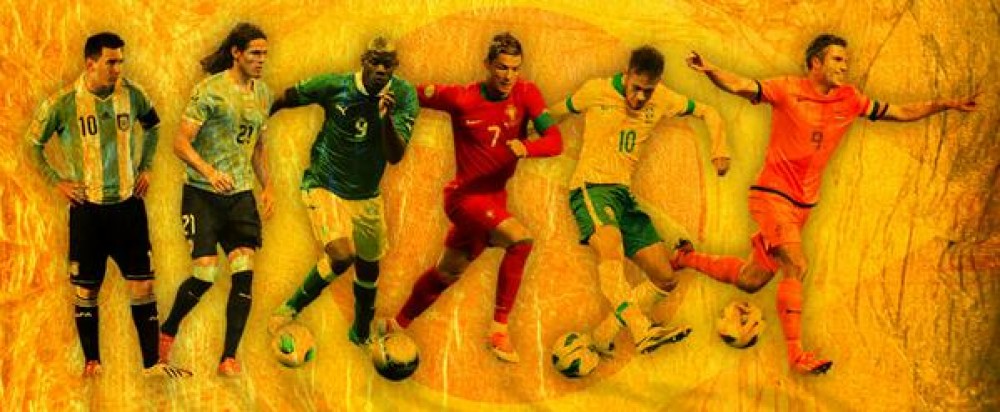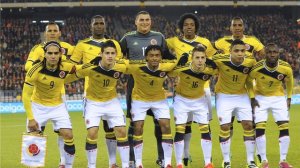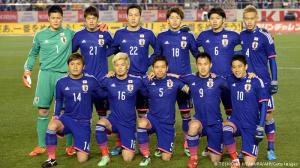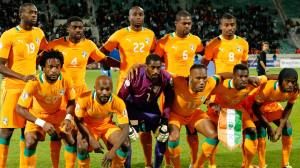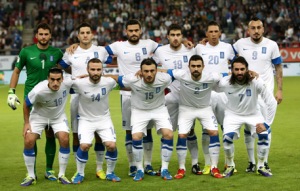Angelos Charisteas? When you hear that name your initial reaction is that you’ve heard of him but you’re not sure why. There is nothing much about his current surroundings that would make his name immediately stand out in the world of football. As a matter of fact he is currently a free agent having been released at the end of the 2012-13 season by Saudi club Al Nassr with a record of one goal in nine games. Inauspicious circumstances indeed.
And yet you’ve still heard of him and there is a perfectly good reason why. Ten years ago next month, he scored the winning goal for Greece in the final of the 2004 European Championships in Benfica’s Estadio da Luz. It was his third goal of the tournament and capped a remarkable victory for the Greeks against all the odds.
A quick sortie of Charisteas’ club career does not exactly make for stellar reading. As well as brief and moderately successful spells for Werder Bremen, Ajax and Feyenoord there are lengthy spells spent in the lower divisions of the Greek and German leagues. Had his career been in England we might have kindly referred to him as a journeyman.
Despite all this, his name will be forever synonymous with the spirit of Euro 2004. The have a go hero in a team of have a go heroes who wrote his name into tournament football legend.
You may be wondering why I am dissecting Charisteas’ career when he is not involved in this world cup. The simple reason is that on Saturday night this wonderful tournament produced a moment of history from a player who, like Charisteas does not necessarily demand the plaudits his achievements in tournament football deserve. With his first touch of this campaign, Germany’s Miroslav Klose scored his fifteenth World Cup finals goal in his fourth tournament and in doing so equalled the record of the Brazilian legend Ronaldo. The goal was also Klose’s 70th in 133 internationals for his country, a German record that puts him two ahead of the great Gerd Muller. However, here’s the million dollar question. Which club does Klose play for?
The answer is Lazio but you are unlikely to have known that unless you had followed Klose’s career in detail. Like Charisteas, his feats in international football are legendary but his club career is no more than fair to middling. Both men played for Werder Bremen and the German outfit are the only club for which Klose has passed the milestone of fifty league goals.
Despite his modest club career, Klose is a bona fide world cup legend. He is in many ways, the perfect encapsulation of what the world cup should be about; a festival of football where everyone can make a name for themselves. Think Roger Milla in 1990 or Geoff Hurst in 1966. It is not always the blue chip player who makes a tournament his own. Hurst of course was a late replacement to the England squad for the injured Jimmy Greaves.
That is not to say that Klose (or indeed Milla and Hurst) is merely an honest tryer. Far from it he is in fact a clinical poacher with a goalscoring instinct to rival the very best. The fact that his club career is not littered with honours is one of the modern game’s great mysteries.
Ronaldo’s fifteen goals arrived in the form of four in France ’98, three in Germany ’06 and a massive eight in the successful 2002 campaign which included two in the final against Klose’s Germany. Klose’s goals are spread more evenly. Five in 2002 (all headers), five more on home soil in 2006, four in South Africa and the one to equalise against Ghana on Saturday night. Ronaldo’s goal’s came in nineteen matches compared to Klose’s twenty although Klose has a slightly better minutes per goal ratio with 101 to the Brazilian’s 108. Ronaldo’s goals were undoubtedly more significant but there is little to separate them in terms of bare statistical analysis.
Klose is not a player who naturally bathes in the limelight. He is refreshingly removed from the egotistical nature of the modern footballer. Twice in his career he has been the recipient of fair play awards firstly for refusing the referee’s award of a penalty in a German league match that he believed was awarded incorrectly, and secondly for admitting immediately to using his hand to score a goal in a Serie A encounter. Whilst the attention going into this tournament has been on whether the global superstars Lionel Messi, Cristiano Ronaldo and Wayne Rooney can finally make an impact on a world cup, Klose has consistently outperformed them all on the very biggest stage. He is the spirit of the world cup and embodies everything that tournament football should represent; joy for our great game. At 36 years of age, Klose still greets world cup goals with the same front flip celebration that ushered in his first world cup goals in Japan twelve years ago. Whisper it quietly, he’s a legend.
